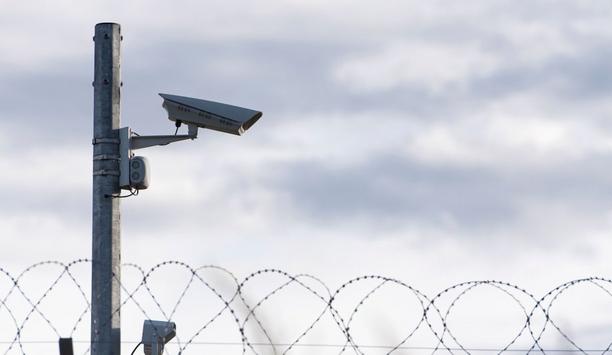| The manifesto is a clear mission outlining the Association’s intention to work alongside the next government |
With one week to go until the general election the BSIA has launched its manifesto setting out the Association’s key ‘asks’ of the next government and how the BSIA will build upon its existing influence to achieve these goals.
BSIA ensures next government is aware of issues
This is the most difficult election to predict in over four decades with the future of regulation continuing to hang in the balance so now is the time for the BSIA to firmly put its stake into the ground and ensure the next government is aware of the issues facing the industry.
BSIA, Chief Executive comments
BSIA Chief Executive James Kelly said: “With a new government comes a whole new set of political contacts for the Association. As such, educating new MPs on the value of the private security industry is a crucial first step to take in forging new relationships.”
Representing over 70% of an industry worth more than £6 billion a year to the economy, the BSIA conducts an active political engagement programme which has the seen the Association host a number of cross-party Parliamentary roundtable meetings as well as attending the Conservative, Labour and Liberal Democrat party conferences.
James Kelly continues: “The industry is worth an equivalent of around 0.5% of the UK’S GDP and employs more than 365,000 people across more than a third of Parliamentary constituencies. The industry is key to the success of reforms across the public sector and private security contracts are already delivering significant cost and efficiency savings to police forces across the country, enabling better allocation of resources and more expenditure on vital frontline areas including beat policing and custody services.”
Five Key ‘asks’ of the manifesto
Outlined in the manifesto are five key ‘asks’ from the next government all of which are aimed at improving efficiency within the industry, raise standards and recognise the value that the industry contributes. The five key ‘asks’ are:
- Commitment to lighter-touch regulation, with a transition to business licensing
- Continue to minimise ticketing on cash-in-transit to reduce the risk of ticketing
- Recognise the value of police and private partnerships
- Increase export funding to ensure the UK remains a global leader
- Expand the Surveillance Camera Commissioner’s Code of Practise to include privately-owned systems
This manifesto is a clear mission outlining the Association’s intention to work alongside the next government on a range of issues affecting the private security industry. These clear goals outline the Association’s political engagement programme, as well as defining the key ways in which the next government can support the industry.



















